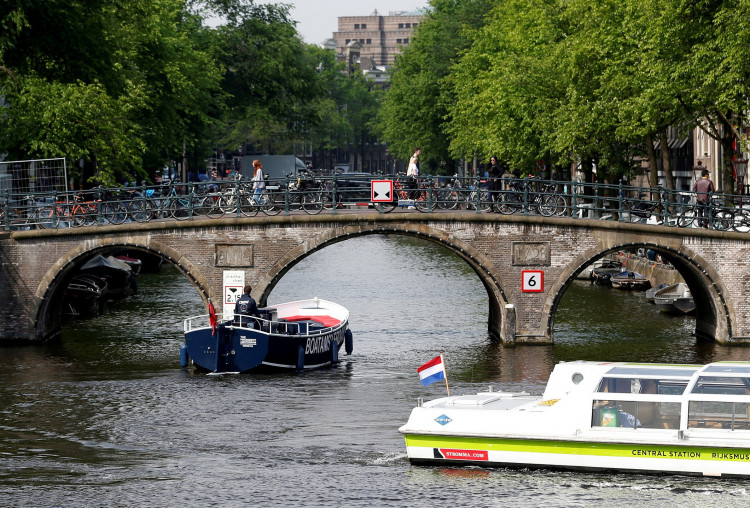Countries and their officials will often go to any lengths to reduce the amount of carbon footprint that they emit. Laws and ordinances, however, can only do so much without real human intervention. Fortunately, there are some who are taking the bull by the horn and enforce these rules to the extent that they are really doing something to protect our planet.
In line with this effort, a couple of sources recently reported that Amsterdam is planning to ban gasoline and diesel-powered cars and motorcycles by 2030. The Guardian reported that the push to restrict gas-guzzling vehicles from entering the Netherlands' capital city is their part to "clean up pollution."
In addition, it is one of the few steps authorities are doing to revert back to a healthier way of life; they blame the fumes produced by these vehicles to have shortened their life expectancy by a year. This slash in the years of its residents is mainly caused by nitrogen buildup and "particle matter emissions" that leads to various respiratory illnesses.
Sharon Dijksma, Amsterdam's traffic councilor, described pollution as a "silent killer" and one of the greatest health hazards of her city. Dijksma was also responsible for announcing the decision.
Autoblog has it that despite the prevalent use of bicycles in Amsterdam, the city still exceeds Europe's ceiling on air pollution. The website added that this is mainly due to "heavy traffic "conditions in the aforementioned city, as well as Rotterdam and Maastricht.
The Guardian reported that cars that are 15 years or older will be banned from entering the A10 ring road by next year. Public transport like buses and coaches that emit fumes, on the other hand, will no longer enter the city center by 2022. By 2025, the implementation will touch base on pleasure crafts, mopeds, and light mopeds, it added.
Their Clean Air Act will also navigate all traffic within the build-up area to be emission-free by 2030. In order to this, however, Amsterdam will have to inspire its citizen to use electric and hydrogen-based cars. The city is also planning to "offer" charging stations to every person who buys the alternative vehicle.
Currently, there are 3,000 charging stations in Amsterdam. To make the "project viable," the city needs to put up around 16,000 to 23,000 of these stations by 2025. If they can, it will greatly contribute to their plan of having clean air in the city, as well as a budding "second-hand electric car market." Going green will definitely have its perks, and one of them will make the people of Amsterdam live longer and create an industry with a ton of promise in the future.






